
Morality and Media
09-26-2021Weekly ReflectionWhat is the moral influence of film, theater, TV and so forth?
The influence is largely psychological. Media can exert an extraordinary power on habits. Images affect body, soul, and the powers of the mind: the sensitive powers, the intellectual, emotional, and spiritual.
READ MORESt. Augustine on Good and the Evil in the Church
09-22-2021From the desk of Fr. VillaThe same [Church] is spoken of, when, in regard to the fewness of her numbers as compared with the multitude of the wicked, it is said: Strait is the gate and narrow is the way which leads unto life, and few there be that find it. Matthew 7:14 And again, it is of the same Church that it is said with respect to the multitude of her members: I will multiply your seed as the stars of heaven, and as the sand which is upon the sea-shore. Genesis 22:14
READ MORE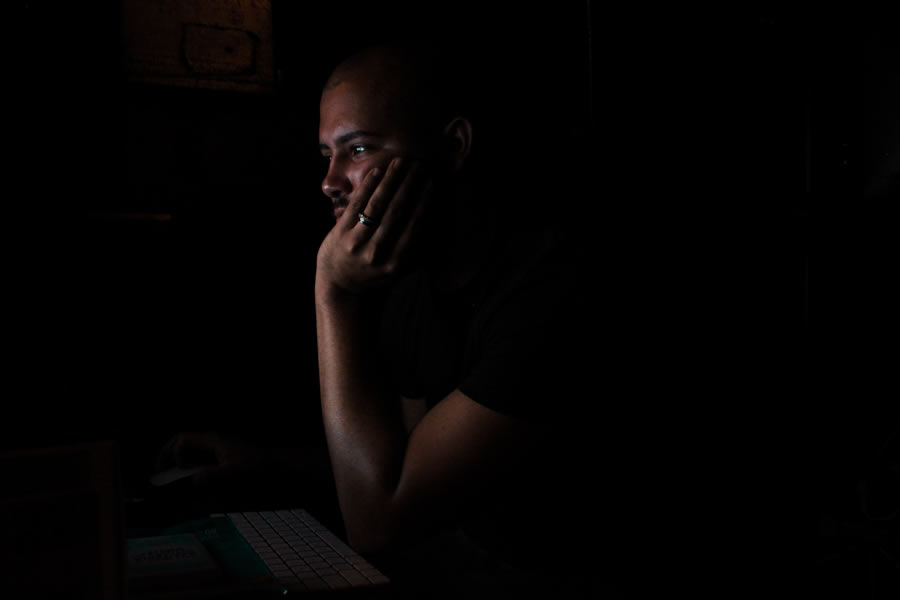
Against Impurity
09-12-2021Weekly ReflectionDominic Pino (Edited)Pornography is a spiritual disaster, and the euphemisms of Sunday sermons aren’t getting at the problem. It’s not a secret that we have a pornography problem. By “we,” I mean American males, but also American Christian males. It’s also a problem for females, but not as big a problem and I can’t speak to it very well, so I’m focusing on the male side of things. If you need survey data to back up the claim that American males have a pornography problem, you haven’t been paying attention.
READ MORE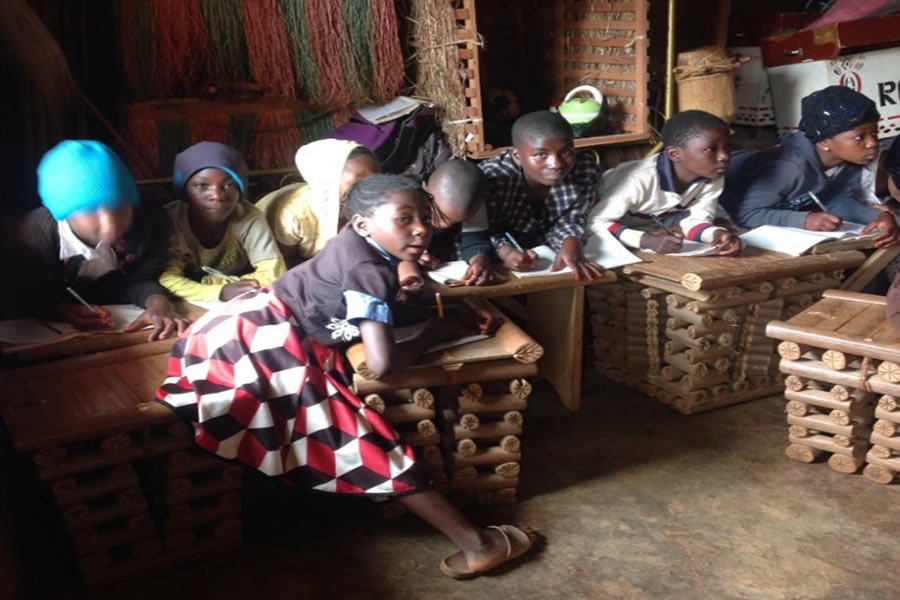
The Mission of the Piarist Fathers in Central Africa
09-05-2021Weekly ReflectionDear brothers and sisters,
After the Ebola pandemic that claimed thousands of lives in some Sub-Saharan African countries from 2013-2016, Judy Kuriansky, a psychologist, said that, “Education is a vital part in the redevelopment of affected countries and mitigation against negative impacts of future crisis.” I think we can all agree with that statement. In 1648, our Religious Order was founded in Rome by a Spanish priest called St. Joseph Calasanz (feastday = August 25th). He wanted our religious Order to be present where the human and spiritual welfare of the poor were threatened. He wanted us to respond to God’s call to work for social transformation and human integral development through education.
READ MOREJoin the St. Paul the Apostle Purgatorial Society
09-02-2021From the desk of Fr. VillaA Purgatorial Society is an association of Catholics who pledge to pray for the souls in Purgatory. The Catechism of the Catholic Church teaches the following: #1030 All who die in God's grace and friendship, but still imperfectly purified, are indeed assured of their eternal salvation; but after death they undergo purification, so as to achieve the holiness necessary to enter the joy of heaven.
READ MORE
The Saint Paul the Apostle Purgatorial Society: What Is It?
08-29-2021Weekly ReflectionIn the history of the Church there have been associations of the faithful called Purgatorial Societies. Purgatorial societies are Catholic associations or confraternities which aim to assist souls in purgatory to get to heaven. One of the crises following the Second Vatican Council was ceasing to preach and teach the doctrine of the Church about souls in Purgatory and clergy and people starting placing the deceased at funerals in heaven, which is really Protestant doctrine.
READ MORE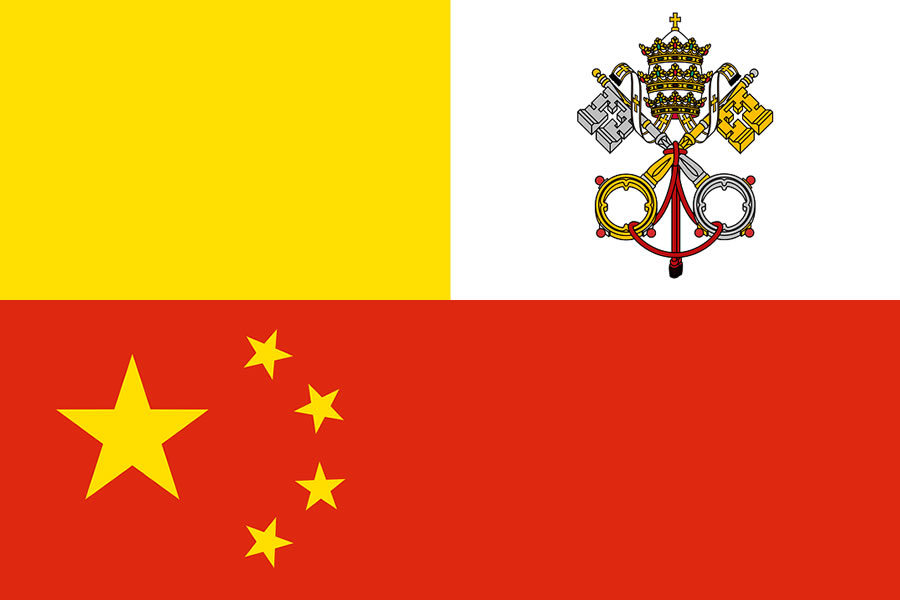
The Continuing Persecution in China and the Damage of the Vatican-China Agreement
08-22-2021Weekly ReflectionOn July 30, 2021, the same day a bishop was consecrated under the agreement between China and the Holy See, a Chinese priest was tortured by the Chinese police to force him to join the Chinese Catholic Patriotic Association (ACPC), a division of the Chinese government's Religious Affairs Bureau. The consecrating bishop was a government puppet, a prominent member of the ACPC and president of the Chinese Bishops' Conference. This name must not be misleading, because this "conference" is also an emanation of the Chinese government.
READ MOREOn the Passing of Sr. Eileen Treanor P.V.B.M. 1929-2021
08-15-2021Weekly ReflectionFr. Leonard F. Villa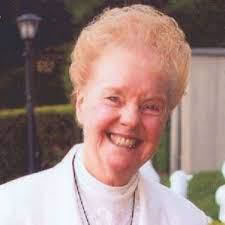
My first thoughts on the passing of Sr. Eileen was the Scripture passage: “Well done, good and faithful servant…. come and share your master’s joy,” Matt 25:23, the parable about the talents showing us that we are to use our talents for the glory of God and the salvation of souls. I, then went to look at an essay on Venerable Nano Nagle the foundress of the Presentation Sisters, to which Sister belonged, because Sister Eileen frequently mentioned her and was rightly devoted to the vision of Nano Nagle that she devoted her life to. Here are some highlights of that vision:
READ MORE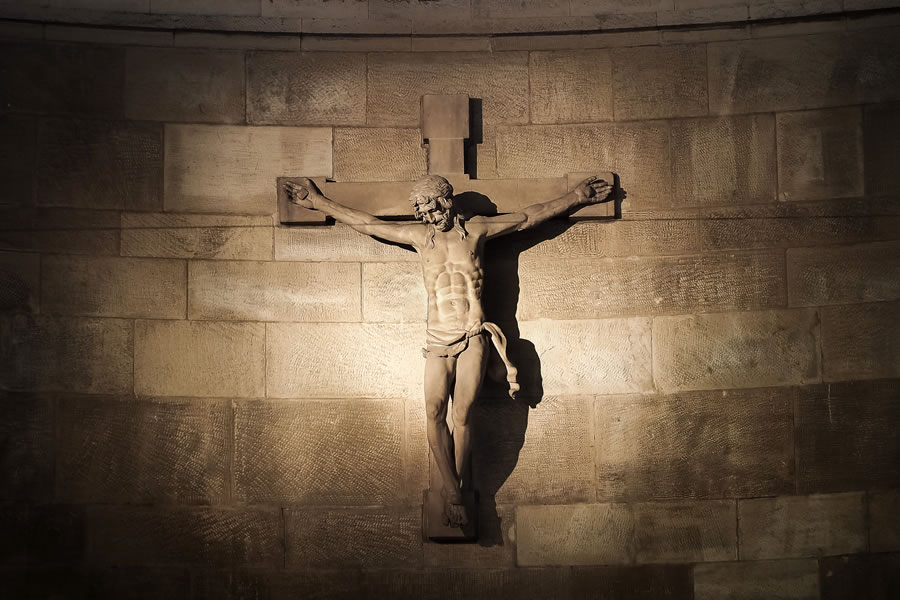
Dealing with Evil
08-08-2021Weekly ReflectionIn the Divine Office, also called the Liturgy of the Hours, there was a reading from an early document of the Faith called the Letter of Barnabas. Chapter 2 says the following: Since, therefore, the days are evil, and Satan possesses the power of this world, we ought to give heed to ourselves, and diligently inquire into the ordinances of the Lord. Fear and patience, then, are helpers of our faith; and long-suffering and continence are things which fight on our side. While these remain pure in what respects the Lord, Wisdom, Understanding, Science, and Knowledge rejoice along with them.
READ MOREPray for the Persecuted Church
08-01-2021From the desk of Fr. VillaJuly 17 was the feast of the Carmelite Martyrs of Compiegne killed during the French Revolution and immortalized in the book and opera The Dialogue of the Carmelites.
July 22 was the anniversary of the defeat of the Turks in the Battle of Belgrade. The Turks were once again seeking to overrun Europe and attack Christianity. The church-bells were ordered to ring at noon in thanksgiving for this victory by Pope Callixtus III and this custom continues to this day even in some of the Protestant churches.
READ MORE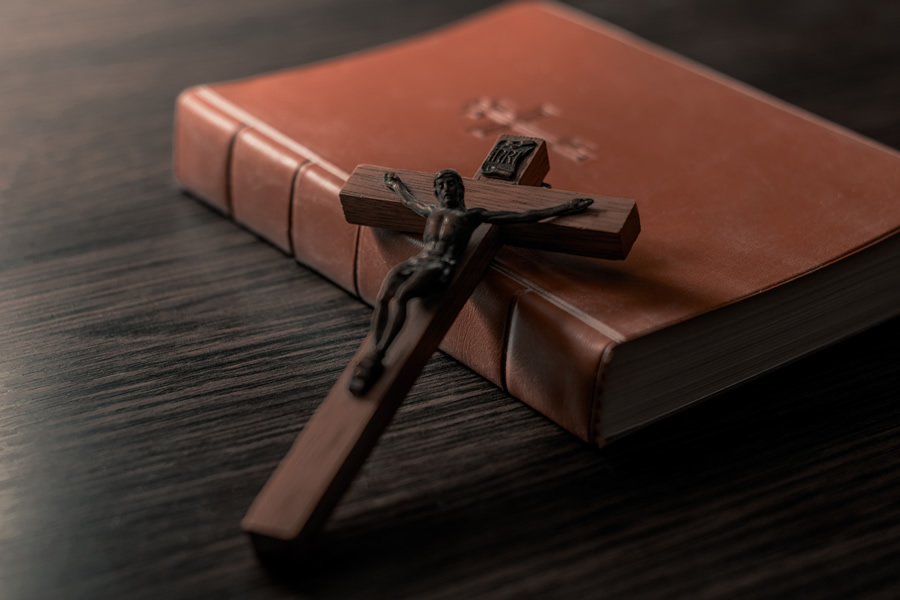
Hell, the Devil, Exorcisms, the Persecuted
08-01-2021Weekly ReflectionIndeed, the Son of God was revealed to destroy the works of the devil. – 1 John 3:8
Our contemporaries, including many Christians, reject the notion of hell as something incompatible with God’s love and mercy. In fact there have been those who have maintained that at the end even Satan will be reconciled to God, a theory called apocatastasis, meaning a restoration to the original state, that the Church has rejected as contrary to the teachings of the Faith. There is no contradiction between hell and God’s mercy because God will not force mercy on anyone Satan included.
READ MORE